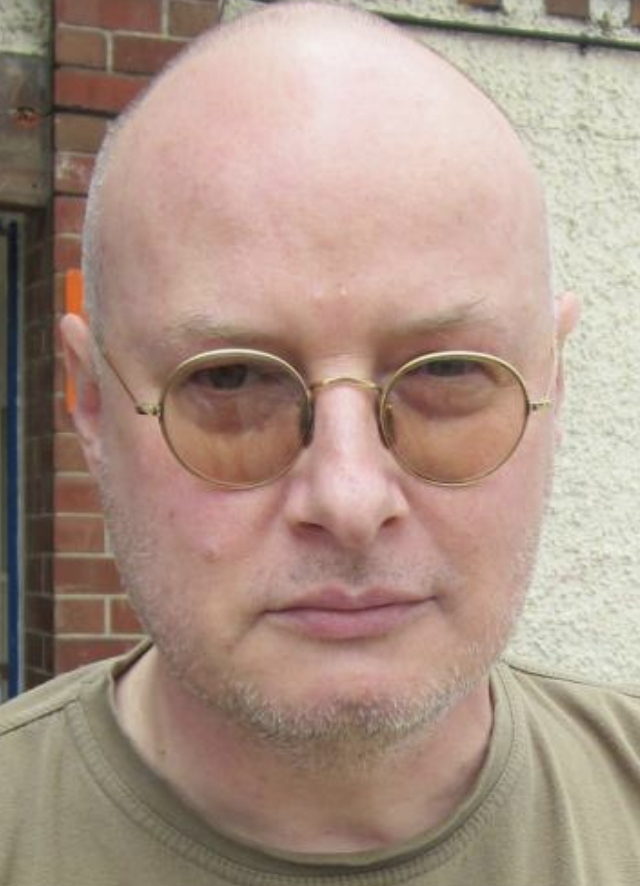On this date in 1953, English musician Andrew John Partridge was born in Mtarfa, Malta, the only child of a Royal Navy signalman and a retail assistant in a pharmacy. Growing up in Swindon, England, he taught himself to play the guitar. The first records he ever bought were “Sgt. Pepper’s Lonely Hearts Club Band” (1967) and “The Monkees” (1966).
He dropped out of school to play in several rock bands (and to meet girls). In 1972 he and Colin Moulding started XTC, a formative punk group for which Partridge wrote most of the songs and sang most of the lead vocals. His music drew heavily from ’60s British Invasion songwriters, and his style gradually shifted to more traditional pop. He wrote XTC’s only UK top 10 hit, “Senses Working Overtime,” in 1982.
That year the band stopped touring but kept recording. Partridge also formed the Dukes of Stratosphear, whose albums outsold XTC’s. He started producing albums for other artists. In the 1990s he came to be regarded as “godfather” to the Britpop movement that expressed artists’ “Britishness.” XTC went on hiatus in 2006, and Partridge announced in 2008 his “musical partnership with Colin Moulding has come to an end.” He continued to work with other groups and on solo projects, including a 2021 four-song EP he called the first in “My Failed Songwriting Career” series.
Partridge was married to Marianne Wyborn from 1979 to 1994 and they had two children, Holly and Harry. After divorcing, he had a long-term relationship with American singer Erica Wexler. They started dating shortly after she split from artist Roy Lichtenstein.
In 2016 he called himself “very left” politically and said he had voted for Margaret Thatcher “purely because she was a woman. I was that naive.” He identifies with atheism and paganism, he has said. On the record sleeve of “Apple Venus Volume 1” (1999), XTC’s 13th studio album, is the Wiccan directive “Do what you will but harm none.”
“So Andy Partridge, nonbeliever, believes in heaven,” an interviewer once asked him? “Yes. Here, now. This is heaven and hell,” he replied. “I’m sure that’s what heaven is, really. Heaven is not hurting anyone.” (“The Dukes of Swindon,” Chalkhills.org, May 1989)


